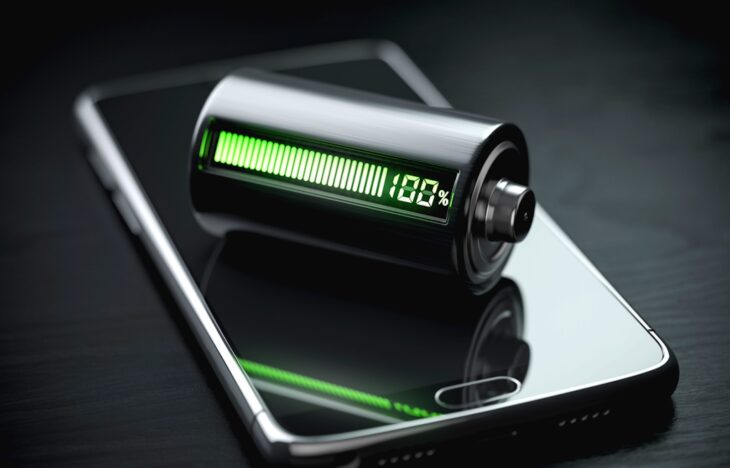Graphene Manufacturing Group Ltd. (GMG), located in Queensland, Australia, has commenced operations at its pilot production and testing plant for its graphene aluminum-ion (G+Al) batteries. Earlier this year, the company developed its G+Al battery cells that are purported to charge 60 times faster than the best lithium-ion cells and hold three times the energy of the best purely aluminum based ones. The innovative batteries were created using breakthrough nanotechnology in a collaboration between GMG and University of Queensland’s (UQ) Australian Institute for Bioengineering and Nanotechnology.
If the team’s research proves fruitful, GMG’s cells could provide an answer to a lot of the current concerns surrounding EV car batteries, providing a longer range than lithium-based batteries and charging faster. Moreover, the technology is both safer and more sustainable with no upper ampere limit to cause spontaneous overheating, and easy recyclability due to its stable base materials.
According to the company, the first G+Al batteries in coin cell format have already been manufactured at the testing facility. “The commissioning of our Battery Pilot Plant is an important milestone,” said Craig Nicol, CEO and managing director at GMG. “Not only will it allow us to develop, manufacture and test our own G+Al battery coin cell and subsequently pouch packs in-house, it will also enable the company to accelerate the commercial development of our G+Al batteries, work with future customers and further build on our internal expertise. We also expect the Battery Pilot Plant to accelerate optimization of our G+Al battery prototypes, building on the encouraging results we have already achieved, which are generating so much interest from prospective customers.”
Swift Innovation
The ongoing quest towards a better solution for EV batteries is very competitive, with companies around the world vying for the chance to be the first to market their invention on a mass scale. Consequently, GMG and UniQuest Pty Limited (the entity which commercializes research work done by UQ) are swiftly moving forward with their project, filing a global patent under the Patent Corporation Treaty this November. The battery cells use nanotechnology to insert aluminum atoms inside tiny perforations in graphene planes. The specific aluminum-ion battery composition consists of an aluminum foil anode, a graphene cathode, and an aluminum-chloride electrolyte.
“Having our own manufacturing and testing capability also supports collaboration efforts with industry partners that continue to express strong interest in the initial performance results and future potential of G+Al Batteries. The lessons we learn from this process will be highly valuable as we work towards commercialization of this technology,” said Nicol. Additional equipment to enable the manufacture G+Al batteries in pouch pack cell format is expected to arrive in early 2022.
Commercial Marketing Plans
Subject to successful commercial prototypes and a final investment decision, GMG aims to construct an initial commercial coin cell G+AI battery manufacturing facility next, followed by first production and sales. The location of this manufacturing facility is not yet decided but will likely be in Australia where GMG’s headquarters and existing operations are located. The company and Robert Bosch Australia Pty Ltd (BOSCH) have signed a non-binding letter of intent, with the aim to agree on the terms of binding agreements for BOSCH to design and deliver this manufacturing facility.
About GMG
GMG is an Australian based clean-tech company that produces graphene and hydrogen by cracking methane (natural gas) instead of mining graphite. By using its proprietary process, GMG can produce high quality, low cost, scalable, and no/low contaminant graphene – enabling demonstrated cost and environmental improvements in a number of green applications. Using this and other sources of low input cost graphene, the company is developing value-added products that target energy efficiency and energy storage markets. Furthermore, they are investigating the opportunity to enhance the performance and energy efficiency of engine oils, biodiesel and diesel fuels.

